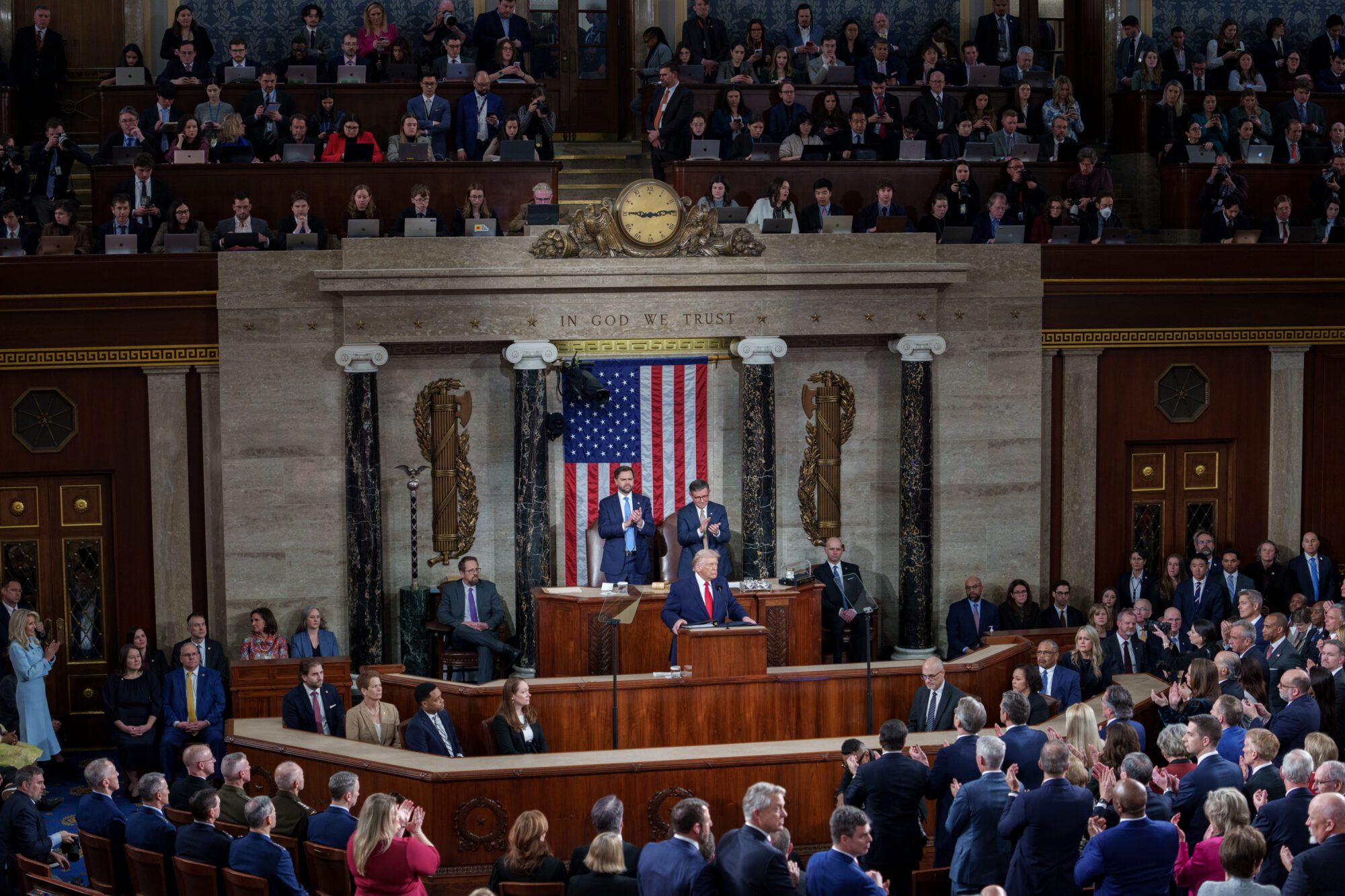
Chelsea Canada, a policy analyst with the National Conference of State Legislatures
- Mississippi is among 20 states without AI laws.
With Mississippi on the precipice of passing meaningful AI legislation, state lawmakers are studying how other states and countries are managing AI lawmaking.
Earlier this year, the European Union adopted a comprehensive yet controversial AI law. China has initiated its own regulatory framework. Canada’s first stab at AI legislation via Bill C-27, introduced in 2022, remains in limbo; the Standing Committee on Industry and Technology began scrutinizing it clause-by-clause last month.
“The EU bill is concerning because it may inhibit innovation,” said Sen. Bart Williams (R-Starkville), Chair of the Senate Technology Committee. “We’ve got to be very cautious about replicating elements that would stifle AI’s advancement.”
In the U.S., the Biden administration’s Executive Order on AI has addressed a few AI opportunities and challenges but lacks uniform model legislation.
“Without unified AI legislation at the federal level, states are operating independently to draft their own policies,” explained Chelsea Canada, a policy analyst with the National Conference of State Legislatures (NCSL). Legislative actions NCSL has been tracking in this arena since 2019 range from individual funding items in states’ budget bills to data privacy laws to resolutions to specific AI-targeted law. “(States) are left to create their own definitions and regulations, which can lead to a patchwork of laws across the country.”
In the 2024 legislative session, at least 45 states, Puerto Rico, the Virgin Islands and Washington, DC, introduced AI bills, and 31 states, Puerto Rico and the Virgin Islands adopted resolutions or enacted AI legislation.
“Some states have been very proactive, and there are lessons to be learned from their successes and challenges,” said Rep. Jill Ford (R-Madison), Chair of the House Technology Committee. “I appreciate the efforts to ensure transparency, ethical use, and workforce protection, but we need to ensure any legislation we pass reflects Mississippi’s specific needs, particularly in rural areas where AI can both help and create new challenges.”
Canada pointed out states that have established AI impact study committees as a first step toward AI legislation: Maryland, Louisiana, and Pennsylvania.
“With no major federal legislation enactments focusing on regulating AI use and/or protecting people from the potential harms of AI and other automated systems currently in place, states are moving ahead to address potential harms from these technologies,” said Canada. “Bipartisan efforts in state legislatures seek to find a balance between protections for citizens while enabling innovation in state government services and the commercial use of AI.”
In 2023, Connecticut enacted legislation to require state agencies to conduct impact assessments before the state agency may use AI and requires ongoing assessment of its use, said Canada.
“Utah passed its Artificial Intelligence Policy Act that became effective May 1, which imposes disclosure obligations to cover entities related to their use of generative AI technologies and provides for liability for violations, including civil penalties calculated on a per violation basis,” she said.
AI experts say New Jersey has done an excellent job establishing public-private partnerships, collaborating with Princeton University to establish an AI hub. Gov. Phil Murphy recently signed into law a program that gives $500 million in tax incentives for individuals to create AI jobs.
“Incentivization is a fabulous idea,” said Chris Chism, a superintendent with the Pearl School District, and an AI expert. “It’s something we should explore, especially at the high school and community college levels to build an AI-ready workforce.”
Colorado has signed into law a comprehensive AI bill, effective in 2026, that covers high-risk AI systems. It gives the Colorado Attorney General authority to enforce the law, with civil penalties up to $20,000 per violation.
“It imposes a wider range of obligations on developers and deployers of certain AI systems, focused primarily on algorithmic discrimination,” explained Dr. Kollin Napier, director of the Mississippi Artificial Intelligence Network (MAIN). “It also adopts a risk-based approach to AI regulation similar to the EU AI Act.”
Virginia, the nation’s epicenter of data center development, “has done a great job laying out an AI roadmap,” said Gabe Grab, Deloitte’s AI practice leader for state government.
Virginia lawmakers are now looking at AI legislation to leverage their position for AI development of clusters around edge data centers, small data centers located near the edge of a network.
California’s comprehensive Senate Bill 1047, The Safe and Secure Innovation for Frontier Artificial Intelligence Models Act, passed earlier this year but Gov. Gavin Newsome vetoed it Sept. 30. The new law would have mandated rigorous safety protocols, whistleblower protections, and the capability to shut down AI systems that pose risks. It also included third-party audits and compliance oversight.
Noting the bill divided Silicon Valley, Dr. Craig Orgeron, executive director of the Mississippi Department of Information Technology Services and CIO for the State of Mississippi, said “there were worries that (California) was going to end up crippling upstarts and slowing down new developments and innovation.”
Williams said he and Ford and committee members will review all state models.
“We’ll come up with something good that fits Mississippi’s needs,” he said.
Mississippi introduced three AI-related bills earlier this year that failed. For a comprehensive report on AI legislation in the U.S., click this link, updated by the NCSL as of Sept. 9: 2024 AI Legislative List.











